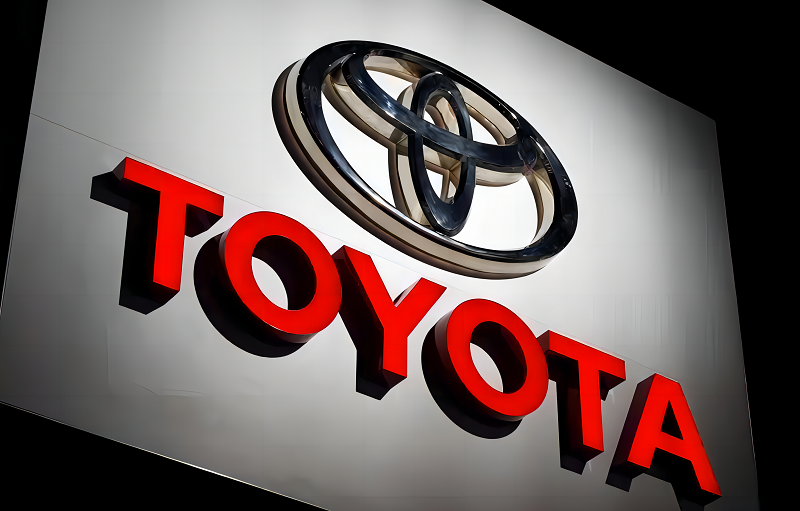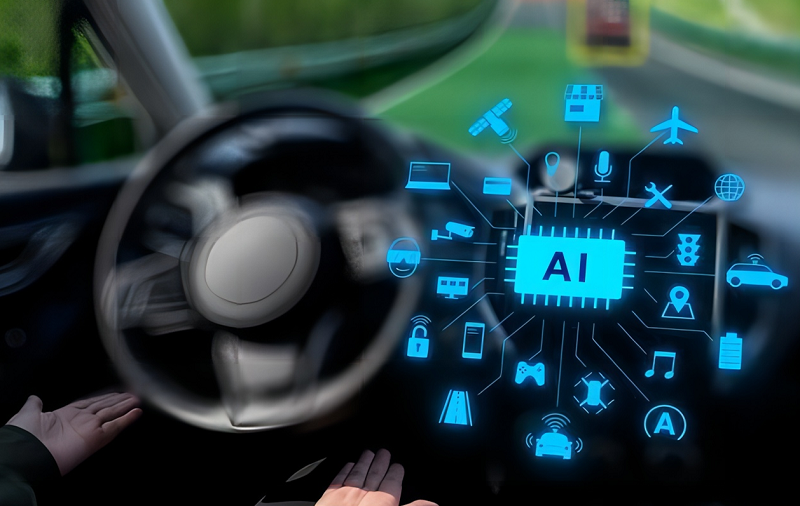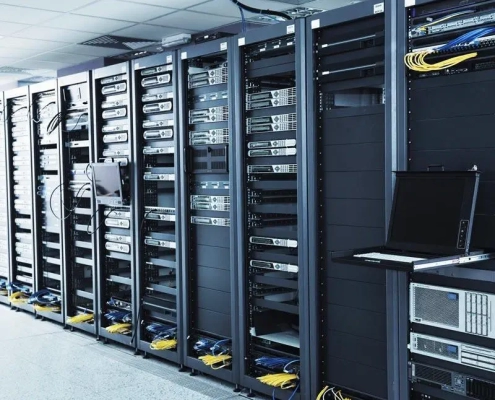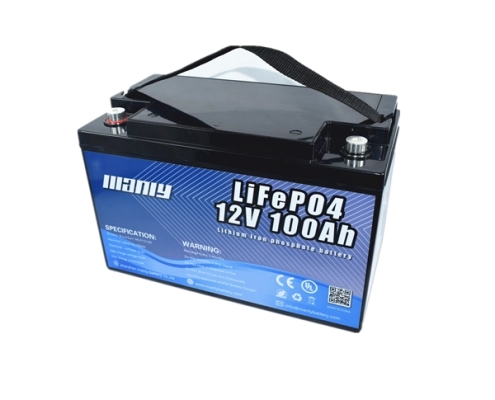Intelligent Driving Innovations by Toyota and Huawei
Table of Contents
Recently, it was revealed that Japanese automaker Toyota has officially confirmed that it will engage in deep cooperation with Huawei to carry out technological research and development in the field of intelligent driving.
Both parties will leverage their respective technological advantages to create a brand new intelligent driving solution. This marks the gradual elimination of the boundary between traditional car companies and high-tech companies in the field of autonomous driving, creating a more intelligent future mode of transportation.
Introduction to Toyota’s Background
Founded in 1937, Toyota Motor, headquartered in Toyota City, Aichi Prefecture, Japan, is the world’s largest automobile manufacturer in terms of production and sales. Its main automotive brands include Toyota, Lexus, etc., and it also owns joint venture brands such as GAC Toyota and Dongfeng Motor.

For over 80 years, Toyota has always adhered to the concept of “quality first”, and its “Toyota style” production model has become a benchmark in the global automotive manufacturing industry. With excellent quality and a rich product line, Toyota has been the “champion” of global car sales for 15 consecutive years.
In 2021, Toyota’s global sales exceeded 10 million vehicles, a year-on-year increase of 10.1%. Among them, Lexus brand sales exceeded the 1 million mark, reaching a historic high of 1.101 million vehicles. Toyota maintains a leading position in major markets and is recognized as a leader in the automotive industry.
In fact, the cooperation between Toyota and Huawei has a long history. As early as 2020, Toyota began using Huawei’s 4G and 5G communication modules to provide car networking services for its models.
The ninth generation Camry, just released in April this year, is also equipped with an intelligent cockpit system jointly developed by Huawei and Qualcomm. The formal cooperation between the two sides in the field of intelligent driving can be said to be natural.
In addition to Huawei, the autonomous driving startup Momenta will also be involved in this project. Momenta has leading visual algorithm technology, and its high-precision maps have been applied to multiple Toyota models. In last year’s financing, Toyota also became one of the main investors in Momenta. It is foreseeable that the three companies will share their respective technological advantages and create intelligent driving solutions that integrate hardware and software.
Intelligent networking has become the trend of automotive development
In February, the EU greenlit a blueprint mandating that all new cars sold in the region from 2035 must be zero-emission, part of the playbook to hit climate neutrality by 2050, turbocharging the adoption of electric vehicles. The bloc is also gunning to have close to 90% of its battery demands met by EU-based manufacturers, targeting at least 550 GWh of capacity. By 2030, a projected 1 GWh of capacity is expected to be online, tripling current levels, easing the attainment of these targets.

Sweden’s Northvolt AB is slated to be Europe’s heavyweight, with its five plants (two in Germany, three in Sweden) anticipated to crank out 210 GWh of batteries, doubling the output of France’s runner-up, Automotive Cells Company SE. ACC SE is rolling out three goliath 40 GWh plants in France, Germany, and Italy, with its Hauts-de-France plant in France set to go live this year.
By 2030, Germany’s planned capacity is pegged to exceed 400 GWh, spearheading European battery manufacturing and clinching a top-three global ranking. Despite potentially 13 players in the market by 2030, announcements indicate Tesla’s Berlin Gigafactory and Northvolt’s twin plants are poised to churn out half of Germany’s capacity for 2023. Other key contenders include Sweden, Italy, Poland, and France, each with their capacity forecasts hovering around the 100 GWh mark.
Intelligent connected vehicles have brought many conveniences and new experiences to users.
Through car networking technology, cars can achieve functions such as remote control, status monitoring, and personalized settings. Meanwhile, intelligent traffic management and autonomous driving technology based on big data analysis have greatly improved road utilization efficiency and travel safety.
Currently, major global car manufacturers are actively expanding into the field of intelligent connectivity. For example, SAIC Group has launched the “i-smart” intelligent networking brand, while BMW has proposed the Strategy ONE “integration strategy” to accelerate the research and commercial process of vehicle networking and autonomous driving technology through cooperation with high-tech companies.
Overall, the strategic cooperation between Toyota, Huawei, and Momenta will promote significant breakthroughs in the overall technological level of intelligent connected vehicles. This will not only accelerate the arrival of the era of autonomous driving, but also help cultivate the core competitiveness of the automotive industry and ensure the independent and controllable development of the industrial chain
I believe that in the near future, new models equipped with its independently developed intelligent driving system will gradually appear and be put into commercial operation, bringing consumers a brand new travel experience




